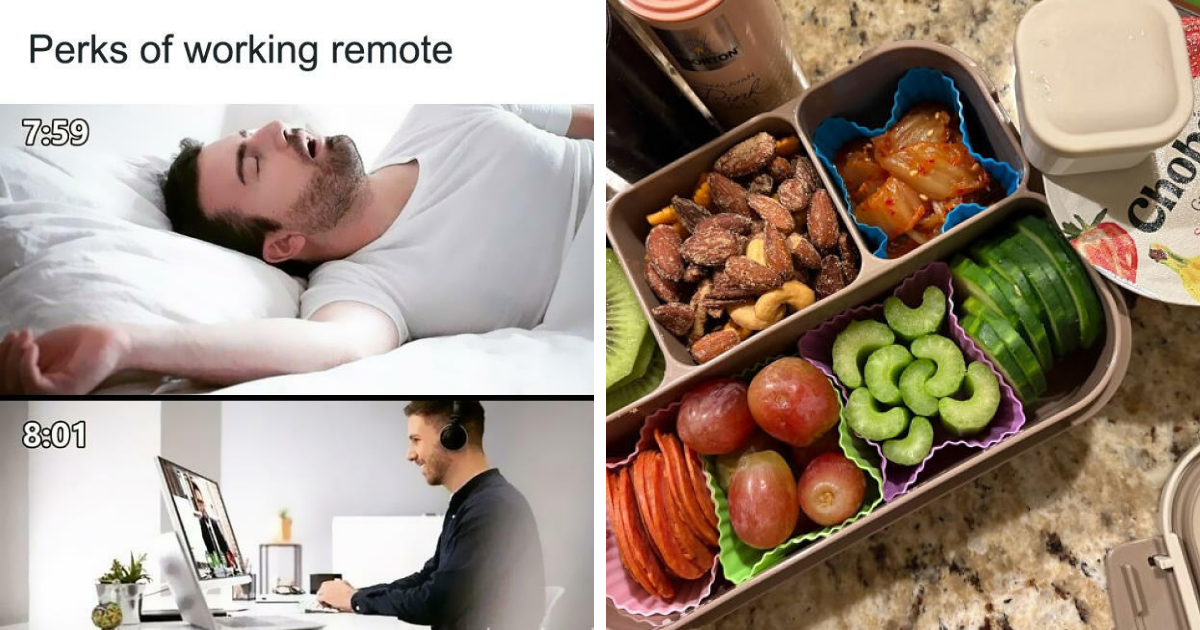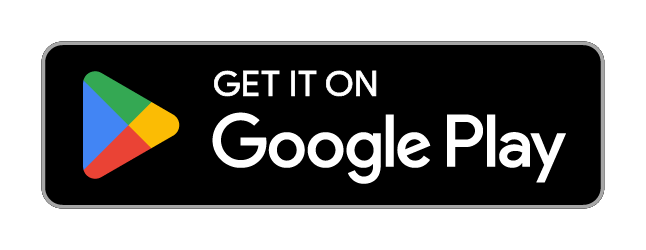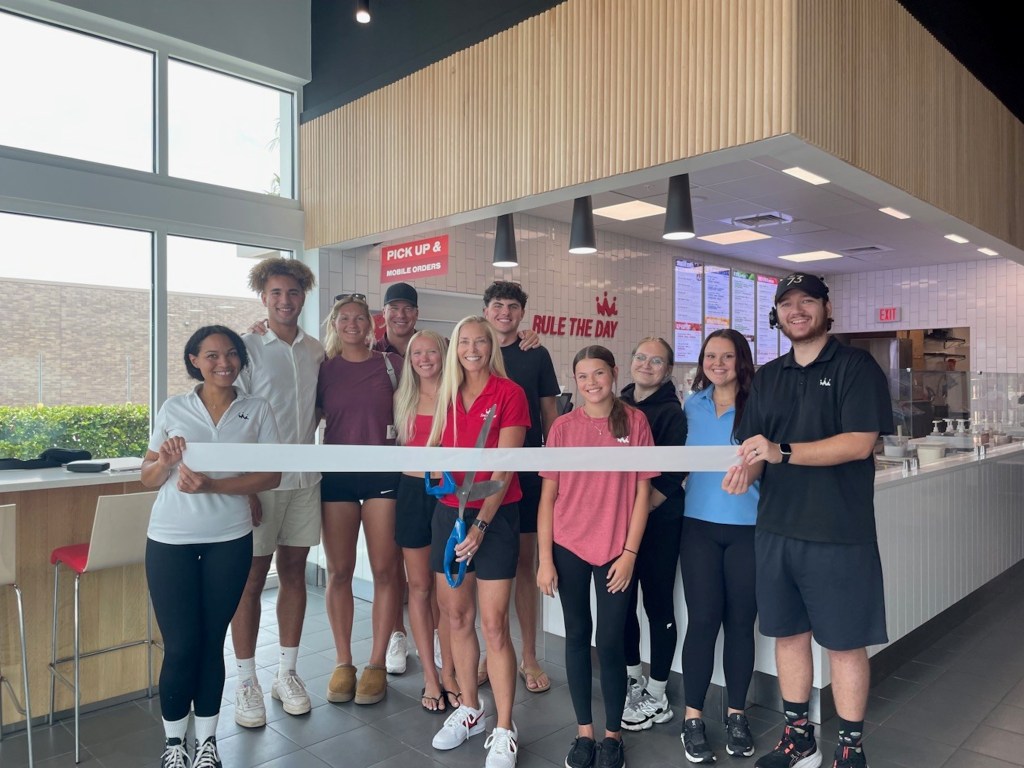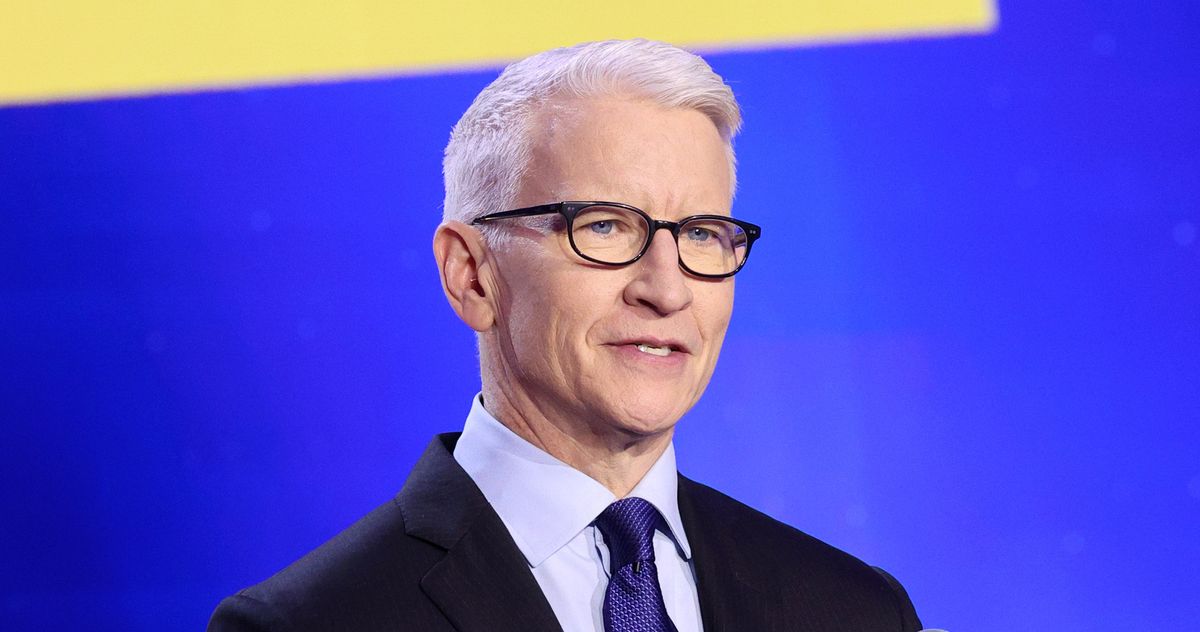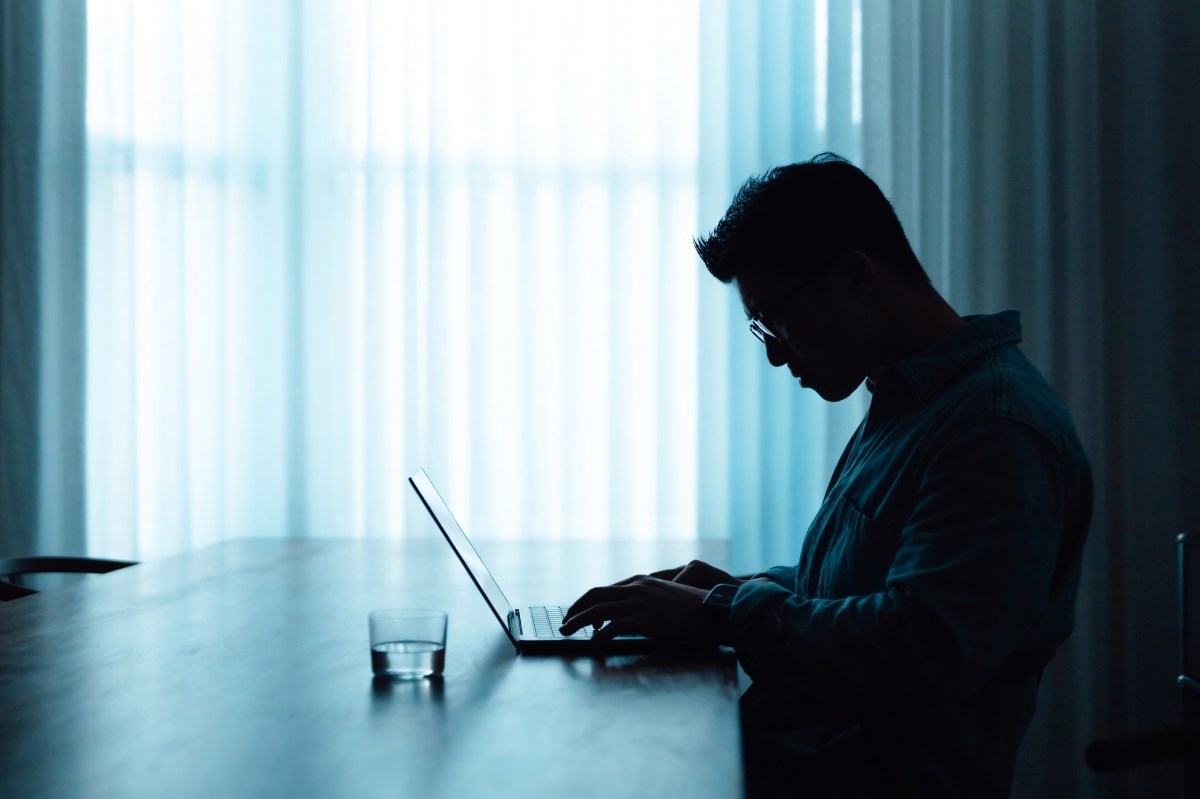fromInside Higher Ed | Higher Education News, Events and Jobs
1 month agoReflections of a Former Presidential Spouse (opinion)
Denise and I met at our new faculty orientation, which seems like a lifetime ago, and grew up together as academics. She chose administration early on, and I taught for decades before giving up faculty status to become a full-time fellowship director. As she advanced from dean to provost to president, my role as the administrative "trailing" spouse altered in both subtle and overt ways at each new institution, but the core was always rooted in our dedication to the universities we served and to each other.
